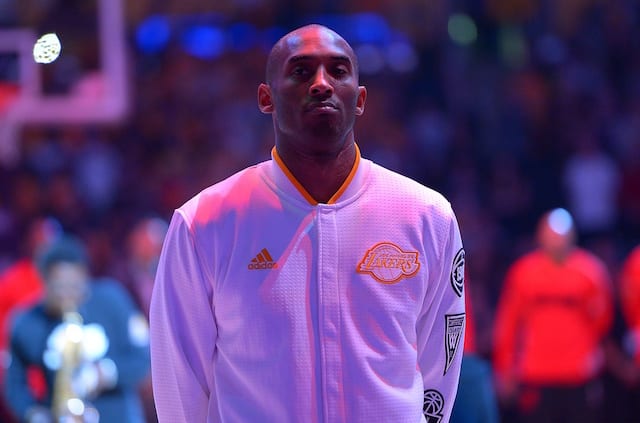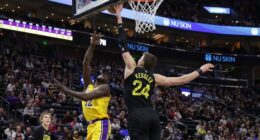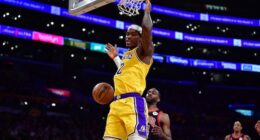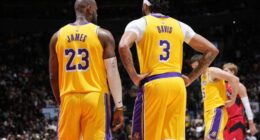A city exalted for its bright lights and glamorous personalities, the slow-and-steady mantras that more often typecast the midwest seem to have no place in Los Angeles. But after the week’s most recent events, it seems that Lakers GM Mitch Kupchak is taking the route that goes against the California grain.
Purporting “big moves”, the Lakers’ claims appear to be nominal at best. And Lakers fans are not happy. What happened to landing Dwight Howard and Chris Paul in massive blockbuster deals? What happened to the super team? After the Paul deal collapsed, the L.A. faithful have lost faith in their GM; these lower tier acquisitions of Kapono, McRoberts and Murphy do not appear to satisfy the insecurities of a fan base that does not tolerate losing.
In the light of the new CBA however, these fears are shortsighted. Lakers management is preparing for a future that the common fan may not be prepared to deal with. Luxury tax teams like the Lakers, Mavericks, Heat, and Celtics are being forced to seriously consider their approaches to big spending, and within two years, the gap that separates the highest payroll from the lowest payroll will shrink dramatically.
In accordance with the 2005 collective bargaining agreement, high-spending teams would pay the league $1 for every dollar they were over the salary cap, regardless of how high they went. Granted not every team could do this, but the luxury tax was hardly a deterrent for major market teams. The 2011 CBA, in contrast, will effectively demand respect from teams when it comes to the luxury tax.
The new luxury tax system, beginning in the 2012-13 season, implements an escalating structure, increasing the penalty tax the more a team spends. For every $1 above the tax line, a tax paying team must dish out $1.50, and that’s only for the first $5 million above the cap. With every extra $5 million over the tax line, the price increases (moving from $1.50, to $1.75, to $2.50, to $3.25 and so on).
And it doesn’t get any better. Teams that have been over the luxury tax in four of the past five seasons pay an extra dollar on top of whatever tax level they are at. For example, if the Lakers payroll was $90 million and the luxury tax was topped at $70 million, they would have to pay $3.25 to the league for every dollar over the tax, equaling $65 million paid in taxes. Add the extra dollar for being over the tax for four straight years (a habit of the Lakers in recent years), the total taxes paid to the league would equal $85 million. It’s just not worth it.
As one could easily see, making these personnel decisions is far from a simple task. While dumping Lamar Odom’s salary seems heartless and disrespectful, it may have been a necessary evil in this brave new world of the new CBA. It is not often that a team has a trade exception to offer, and if Lamar was dissatisfied, Mitch Kupchak’s decision to acquiesce to Odom’s trade request is forgivable. If we count the salaries of Kobe, Pau, Bynum, World Peace, Walton, Blake and Fisher, the Lakers total payroll approaches $79 million, already over the luxury tax threshold.
When we see the bleak future that lies ahead, it is hard to blame the Lakers front office for the moves they are making. While a Kobe-Dwight Howard-Chris Paul super team would have been nice in theory, the consequences of signing three superstars would have broken the Lakers financially, shackling them for years to come.
Mitch’s slow-and-steady approach appears to be the best course of action, and while it may not be the L.A. way, Lakers fans can trust that Kupchak will keep the Lakers competitive, as he has so often in the past. Odom’s departure may taste bitter for many fans in the moment, but with Kupchak at the helm, the future is as sweet as the 16 banners that grace the Staples Center rafters.







